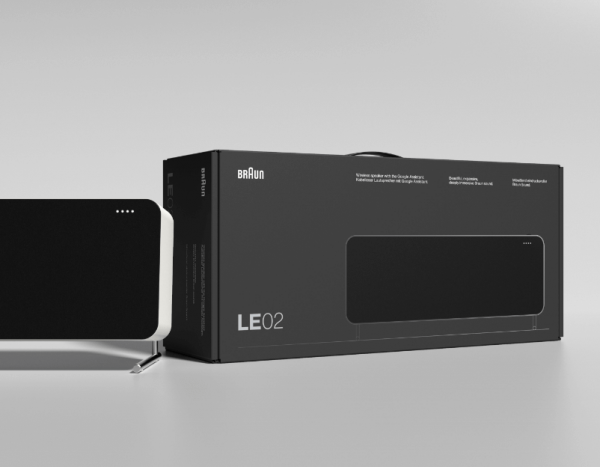How to Execute Effective Brand Strategy Planning
Natasha French, Client Services Lead

Strategic Insight - Brand Strategy
Branding is a crucial, integral part of any business. Spanning marketing communications to internal documents, physical products to consumer experiences and visual assets to tone of voice. Branding is the consistency that ties all touchpoints together, unifying a company’s presence and ensuring its values and attributes are clearly communicated.
But branding cannot be a stagnant thing. The words, images, colours and ideals your brand uses to articulate itself are interpreted as part of an ever-changing world of cultural, political and technological developments. Whether slowly over time or quickly over-night – as we’ve seen through the COVID-19 pandemic - your customers’ understanding of your brand and your products shifts and flexes subject to what is happening around them.
So how can you plan for this? How can you manage this? How can you control how your brand is perceived through time? There are many things you can monitor or assess to properly understand how your brand is understood. But the core principle at play is ‘meaning’.
What does your brand and the products it offers mean to people? How will that change over time? How does that match up with the internal vision for your brand?
By analysing and understanding the meanings your brand interacts with, you can not only react to them, but influence how those meanings change in the future. Here are some of the ways that a Meaning Centred Design approach can help with brand strategy planning.
Far-reaching consumer understanding
Outside of your own internal brand teams, it is essential that you gain perspective and insight from people with expertise in the wider consumer landscape. No product exists in a bubble, we live in an inter-connected world where consumers have far-reaching buying power. Local brands must be aware of their global competitors. Product teams must be aware of the new emergent categories addressing the same needs. New opportunities, as well as new challengers, can arise from unexpected places.
By conducting rigorous research spanning different categories, typologies and markets you can build a fuller picture of consumer behaviour and understand the wider trends and movements that can and will influence your brand and its products. A Meaning Centred Design approach helped Braun Audio ensure both when it reinstated design authority in a highly commoditised category. Only by understanding the global shifts at play, can you confidently understand your brand’s place in the world and how it can and will change. You can then make informed decisions on what part your brand should play and how it can work with evolving meanings to drive successful brand strategy moving forward


Pipelines that are agile and aware
There is no one perfectly definite future. There are multiple likely scenarios, multiple ways that our values, behaviours and desires will evolve with time – i.e. multiple ways that meanings can change. It is therefore essential that brand strategy is built with flexibility in mind, from the ground up. The ability to tweak, adapt and divert from normal execution, whilst maintaining integrity with the brand’s core values. From flexing to appeal to a new market, to applying the brand to a new, emergent typology of product offering, there has to be room for the brand to adapt to fit its own new product developments, as well as changing consumer behaviour. For Cetaphil, it was about using a meaning centred approach to understand brand trust and how it was built to develop a coherent brand identity which made the ‘new’ feel ‘known’.
This is truly where strategic planning and design execution combine for optimum effect. When informed by effective, wide-reaching insights, design articulations can represent what a brand is and the full range of what it could or can come to mean in the future. This is achievable through a unified design language developed with evolution in mind, that can be reviewed periodically and adapted to suit new needs.
What does your brand and the products it offers mean to people? How will that change in the future?
If you would like to further discuss how MCD can assist with effective brand strategy planning, please get in touch with Natasha French, Business Development Manager.
Meaning Centred Design Assessment
Get a free, detailed report with instant recommendations by completing our simple, interactive online MCD Assessment Tool. The results are confidential and will help you quickly assess your situation and identify key areas where your brand can use a meaning centred approach to help develop more powerful, meaningful brand experiences.
This article was first published in February 2021
Related

